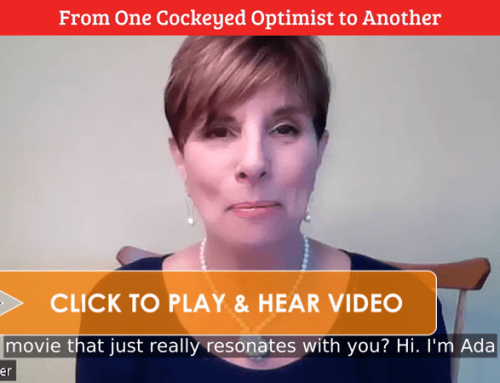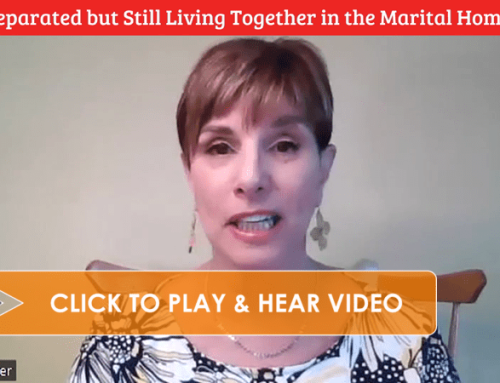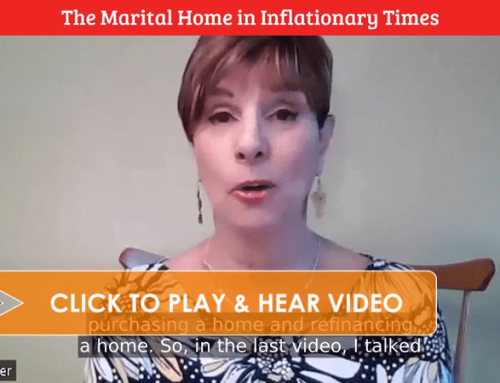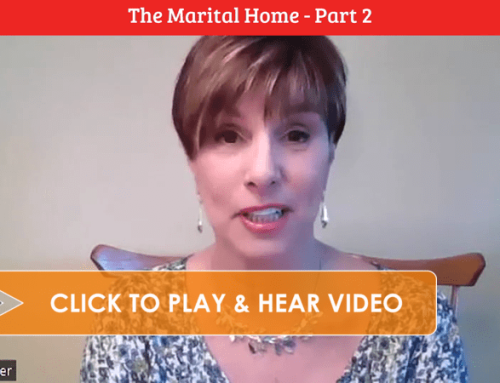When couples are separating the question of what happens to the house is a big topic of conversation and negotiation during the mediation. Each couple comes with a different set of circumstances that will drive the answer to this question in one of several directions. As a general rule, there are several reasons that couples will want to hold onto the house: emotional attachments; keeping the children in the school system; and/or financial reasons.
In the first case, some couples just love their house, have poured their heart and soul into it, raised their family there and are reluctant to leave. Since they are separating, other than selling it, only one of them can stay in the house if they both agree.
For couples with children, they first have to determine who will have residential custody of the children and whether or not keeping them in the current school system and/or the house is important to them. Even in cases where the house must be sold, it’s still possible to keep the children in their current school system by purchasing a new home or condo or finding a rental in the district.
For other couples who have been married and lived in the home for many years (and who did not take out home equity lines of credit or refinance the house), the mortgage may be mostly paid off and the monthly expenses on the house are far less than if they were to purchase a new home. If once spouse wants to continue to live in the house, they will work out a buyout for the fair market value of the house so the other spouse can get their equity and purchase a new home. If their children are emancipated and have moved on, they often decide to sell the house, take the equity and purchase something smaller and more manageable.
Whatever the circumstances are, in order to separate the emotional issues from the financial ones, one of the most important things I do in my practice is to help the couple determine what they need monetarily to move forward and live separately and apart. When we have worked out their monthly budget, then we see what their respective incomes are including earned income, child support, maintenance/alimony (if appropriate) and any other sources of revenue (social security, etc.). When we back those numbers into the budget, we can see if the mortgage payments and utility costs are within their means or beyond their ability to sustain the upkeep on the house.
If it’s decided that one of the parties will stay in the house, then the next question is for how long. In mediation, we discuss a time-line for either a sell date or a buyout to allow the non-residential custodial parent to get his or her equity out of the house.
The other option is to sell the house now and negotiate the splitting of the net sale proceeds.
What About the House?
What About the House? Or Click here.
- Does Child Support Have to be Paid? - April 17, 2024
- Is the Child Support Statute in New York State Still Relevant Today? (video) - April 2, 2024
- Managing Expectations Post-Separation or Divorce (video) - March 6, 2024







Leave A Comment